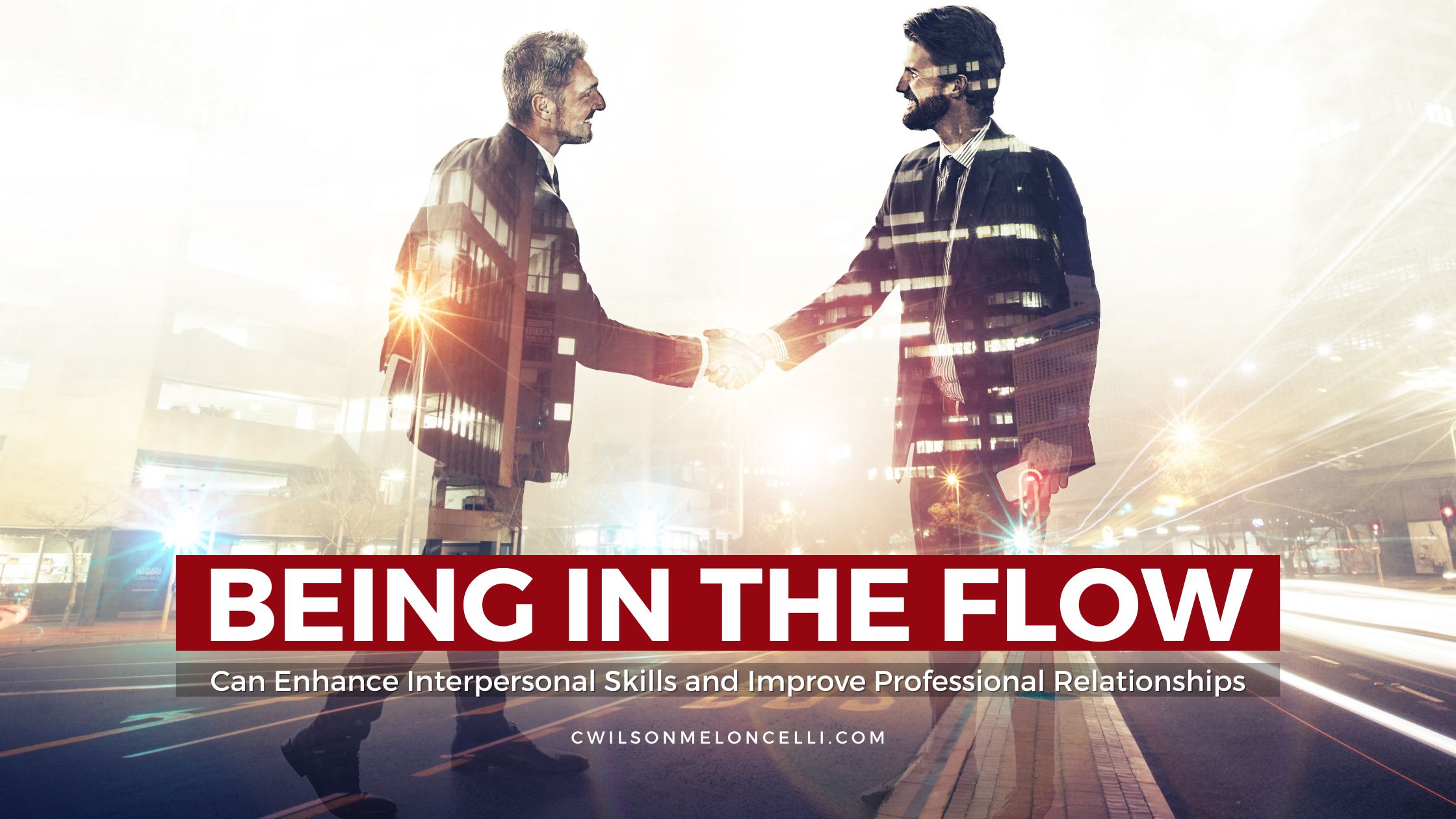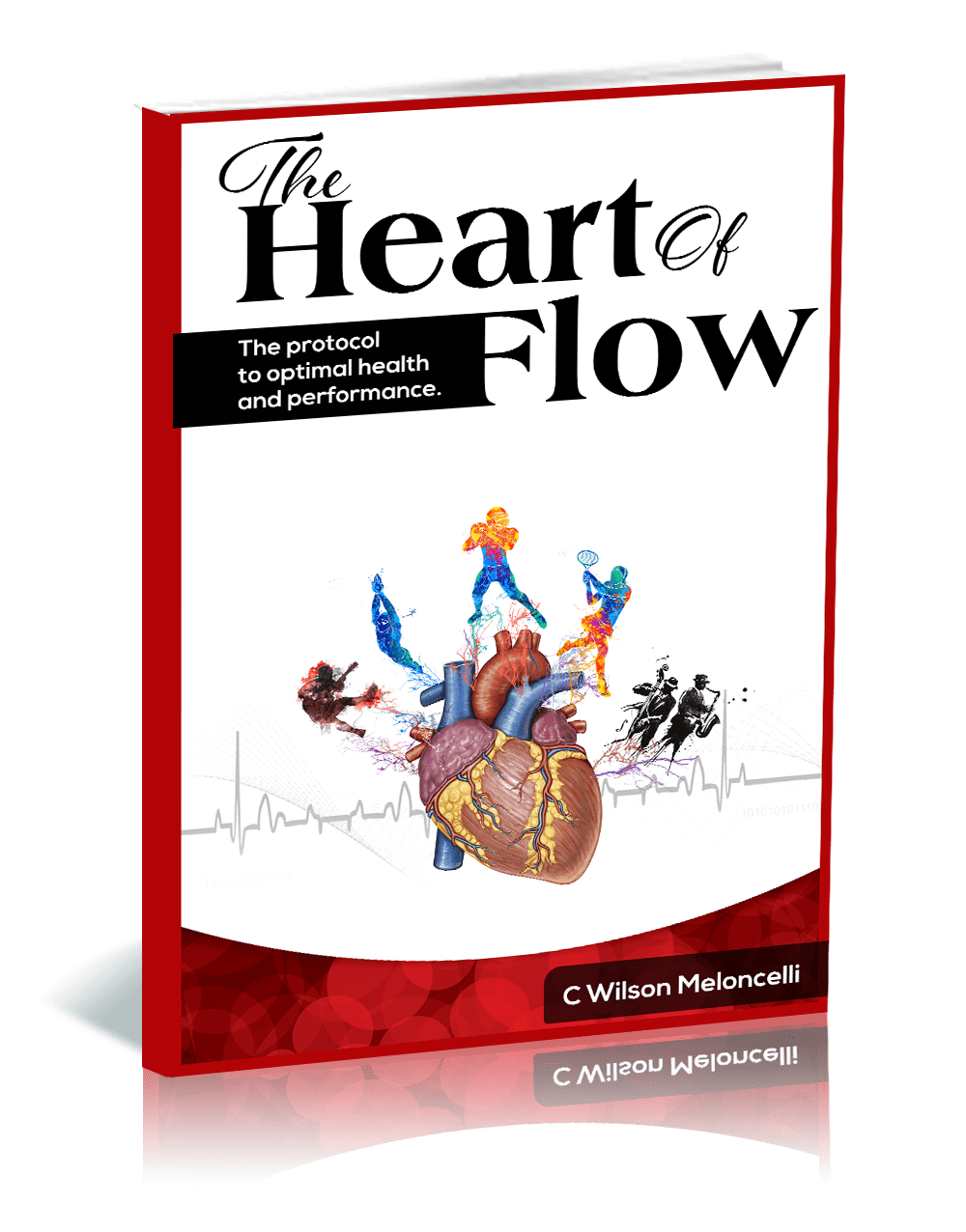
The concept of flow state, as popularized by psychologist Mihaly Csikszentmihalyi, is often associated with individual performance and personal fulfillment. However, its implications extend far beyond the self, particularly into the realm of interpersonal relationships. This article explores how being in the flow state in relationship can enhance interpersonal skills and improve both personal and professional relationships.
Understanding Flow State in the Context of Relationships
Flow state is characterized by a deep immersion and focused concentration in an activity. In a relational context, this translates to being fully present and engaged during interactions with others. Such presence can significantly enhance communication and understanding in relationships.
The Impact of Flow on Communication Skills
- Active Listening: Flow state encourages a heightened focus, which in interpersonal interactions means better listening skills. Active listening fosters deeper understanding and empathy in relationships.
- Nonverbal Communication: Being in the flow enhances one's awareness of nonverbal cues, an essential aspect of effective communication.
- Authenticity and Sincerity: Flow experiences often lead to a greater sense of authenticity, which can make interactions more genuine and meaningful.
- Studies and Research: Research by Nakamura and Csikszentmihalyi indicates that individuals in flow states are more attuned to their activities, which can translate to better communication skills.

Flow and Emotional Intelligence in Relationships
- Empathy and Understanding: Flow state can enhance one's ability to empathize and connect with others on an emotional level.
- Conflict Resolution: The skills developed in flow, such as focus and calmness, can be instrumental in resolving conflicts in relationships.
- Research Evidence: A study in the "Journal of Happiness Studies" found that flow experiences are linked to increased positive emotions and social connectedness.
Building Stronger Personal Relationships through Flow
- Shared Flow Experiences: Engaging in activities together that induce flow can strengthen bonds and create shared memories.
- Improved Communication: The enhanced focus and clarity gained from flow states can improve the quality of interactions with loved ones.
- Case Studies: Couples therapy sessions that incorporate flow-inducing activities have shown improvements in relationship satisfaction and communication.
Enhancing Professional Relationships with Flow
- Teamwork and Collaboration: Flow can foster a sense of unity and improve teamwork in a professional setting.
- Leadership Skills: Leaders who experience flow are often more charismatic, inspiring, and effective in their roles.
- Corporate Examples: Companies like Google have implemented programs to encourage flow states, resulting in improved team dynamics and productivity.
Challenges in Applying Flow to Relationships
While flow can significantly enhance relationships, it's important to note that not all interactions or activities may lead to a flow state. Personal differences and the nature of the relationship play a crucial role in how flow can be integrated.
Flow state, while traditionally viewed through the lens of individual experience, holds immense potential in the realm of relationship building. By fostering qualities like active listening, empathy, and focused engagement, flow can enhance both personal and professional relationships.
Ready to revolutionize your interpersonal skills and transform your relationships? Dive into "The 4 Cycles of Flow," our exclusive program designed to harness the power of flow for meaningful connections. Unlock the secrets to enhancing communication, empathy, and collaboration. Take the first step towards more fulfilling personal and professional relationships – enroll in "The 4 Cycles of Flow" today!









